Concerns about the ability of artificial intelligence to deceive are being raised about three months before Election Day as a manipulated video that imitates the voice of Vice President Kamala Harris has been released which says things that she did not say.
Elon Musk, a tech billionaire, shared the video on his social media platform X on Friday evening without explicitly noting that it was originally released as a parody. As a result, the video gained attention.
AI Replacement
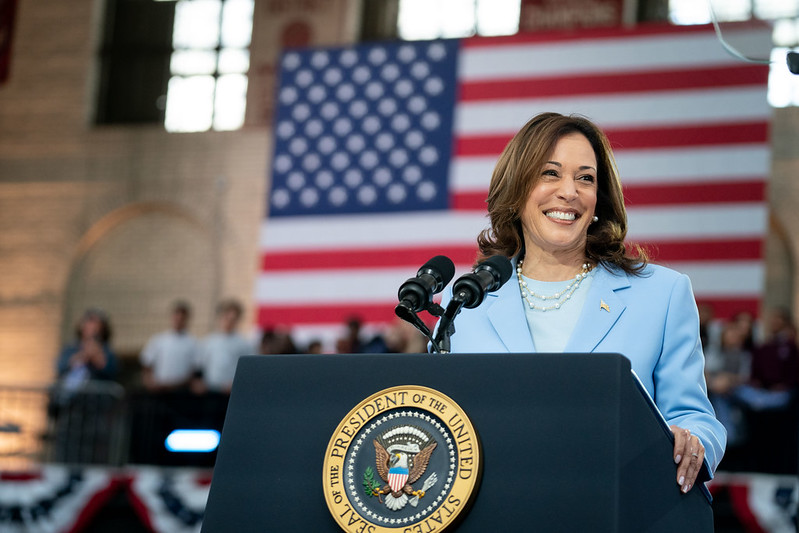
Many of the visuals in the video are taken from a real ad that Harris, the likely Democratic nominee for president, released last week to kick off her campaign. However, a different voice that convincingly impersonates Harris replaces the voice-over audio in the video.
“I, Kamala Harris, am your Democrat candidate for president because Joe Biden finally exposed his senility at the debate” according to the voice in the video.
“Diversity Hire”
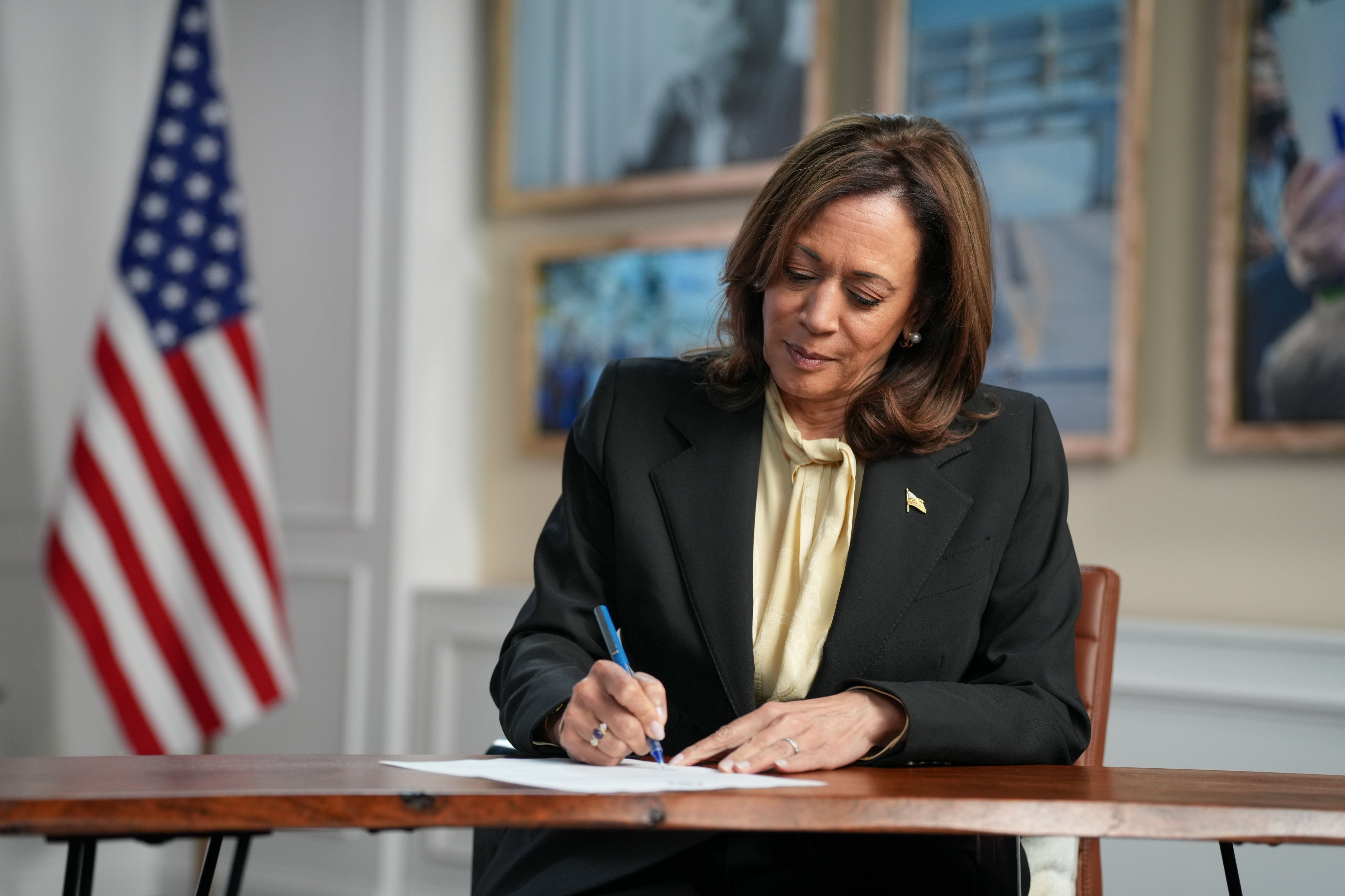
The video claims Harris is a “diversity hire” since she is a woman and an ethnic minority, and it says she doesn’t know “the first thing about running the country.” The video includes “Harris for President” branding. It also includes authentic clips from Harris’ past.
Mia Ehrenberg, a Harris campaign representative, said in an email to The Associated Press: “We believe the American people want the real freedom, opportunity and security Vice President Harris is offering; not the fake, manipulated lies of Elon Musk and Donald Trump.”
Misleading People
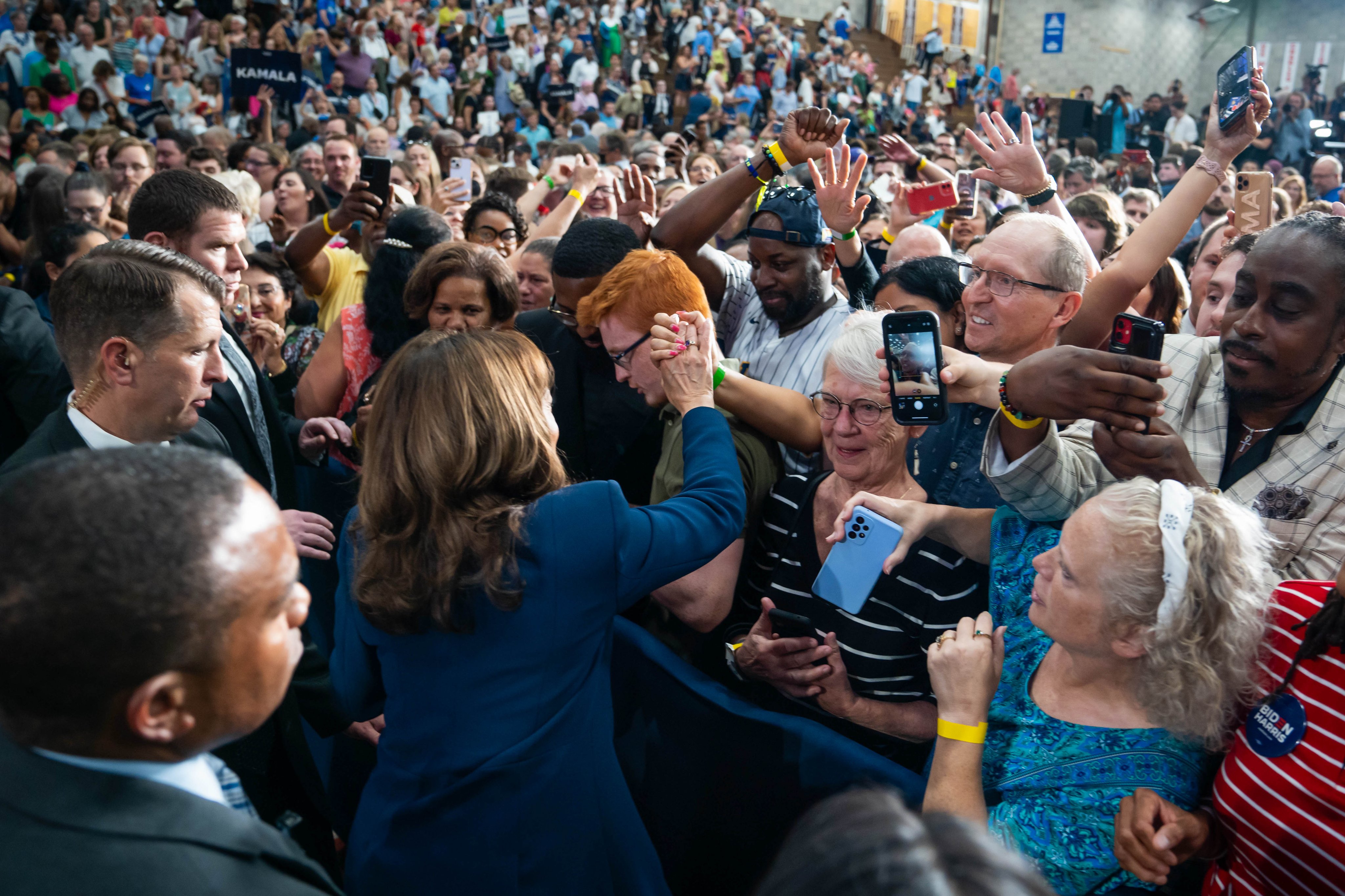
As the United States gets closer to the presidential election, the widely shared video shows how lifelike AI-generated images, videos, or audio clips have been used to both make fun of politics and mislead people about it.
It uncovered how, as high-quality artificial intelligence tools have become undeniably more accessible, there is an absence of federal regulation in their use as the rules have been left to states and social media platforms.
Parody and Satire
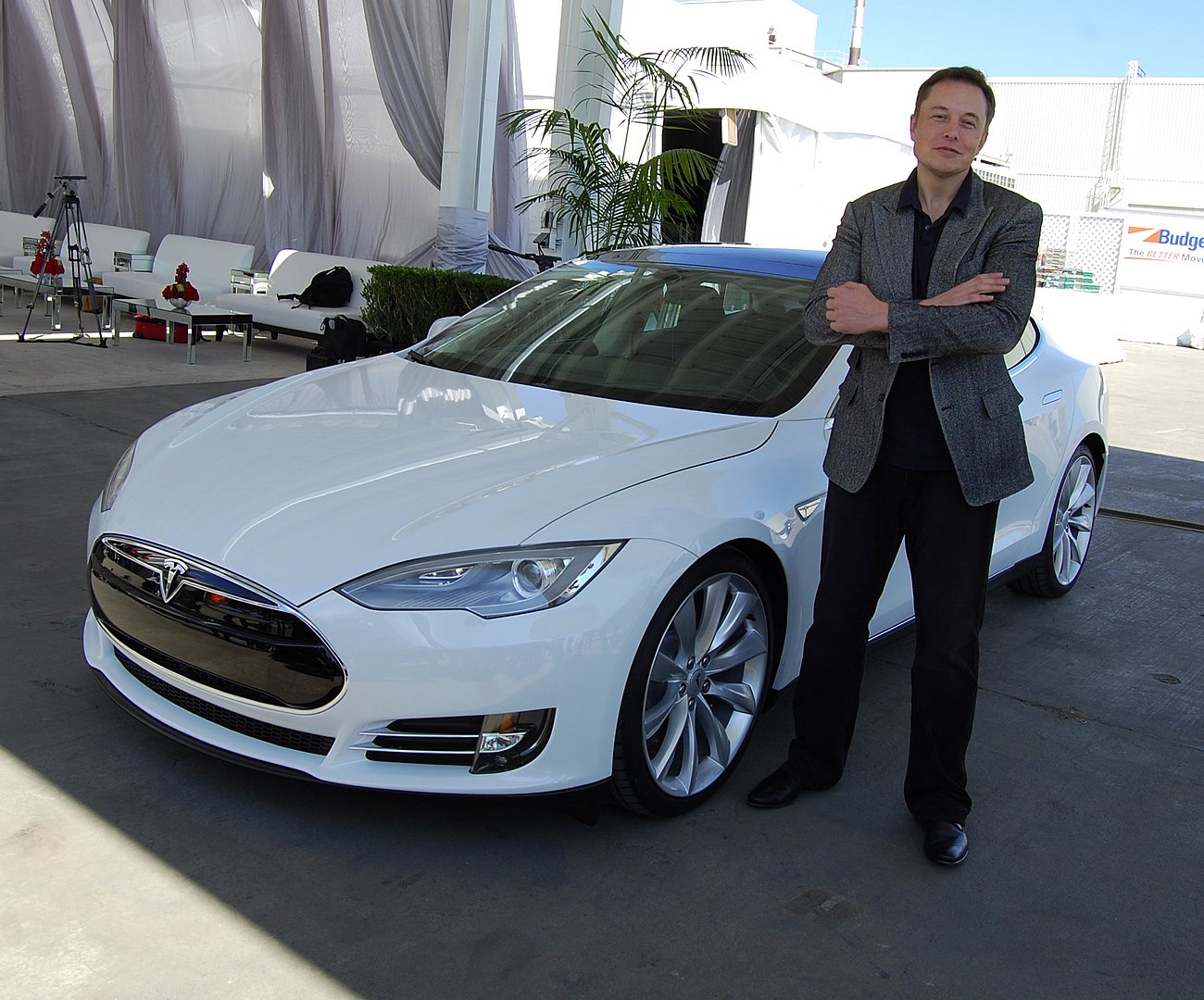
The video additionally brings up issues about how to best deal with content that obscures the lines of what is viewed as a suitable utilization of computer based intelligence, especially assuming it falls into the genre of parody.
The first user who posted the video, a YouTuber known as Mr Reagan, has revealed both on YouTube and on X that the doctored video is a satire. However, according to the platform, Musk’s post, which has been viewed more than 123 million times, only includes the caption “This is amazing” with a laughing emoji.
“Community Note”
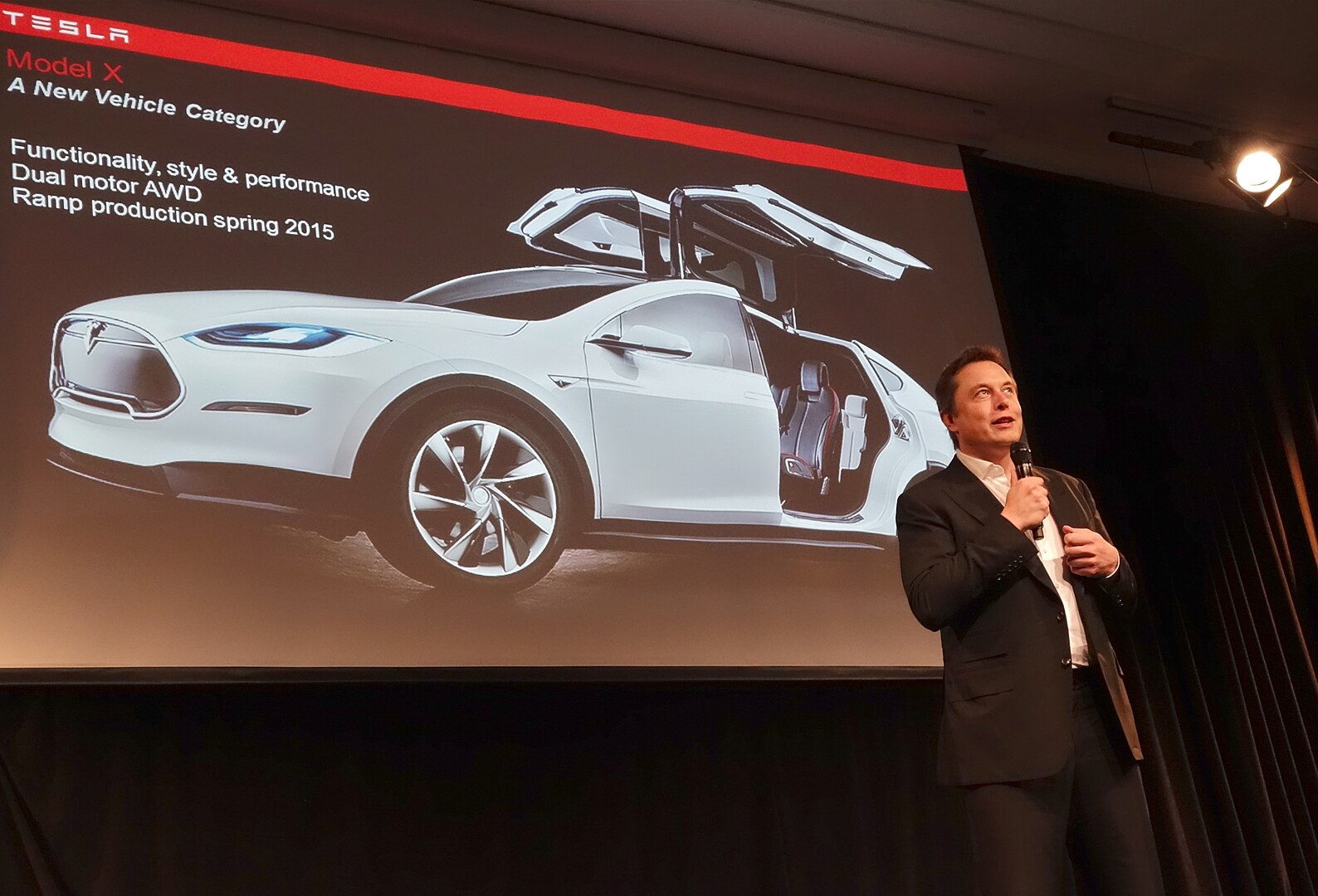
Users of X who are familiar with the platform may be aware that the disclosure can be viewed by clicking through Musk’s post to the original user’s post. Musk’s subtitle doesn’t direct them to do as such.
While certain members in X’s “community note” feature to add context to posts have recommended putting a label on Musk’s post, no such mark had been added to it since Sunday evening.
Violating Policies
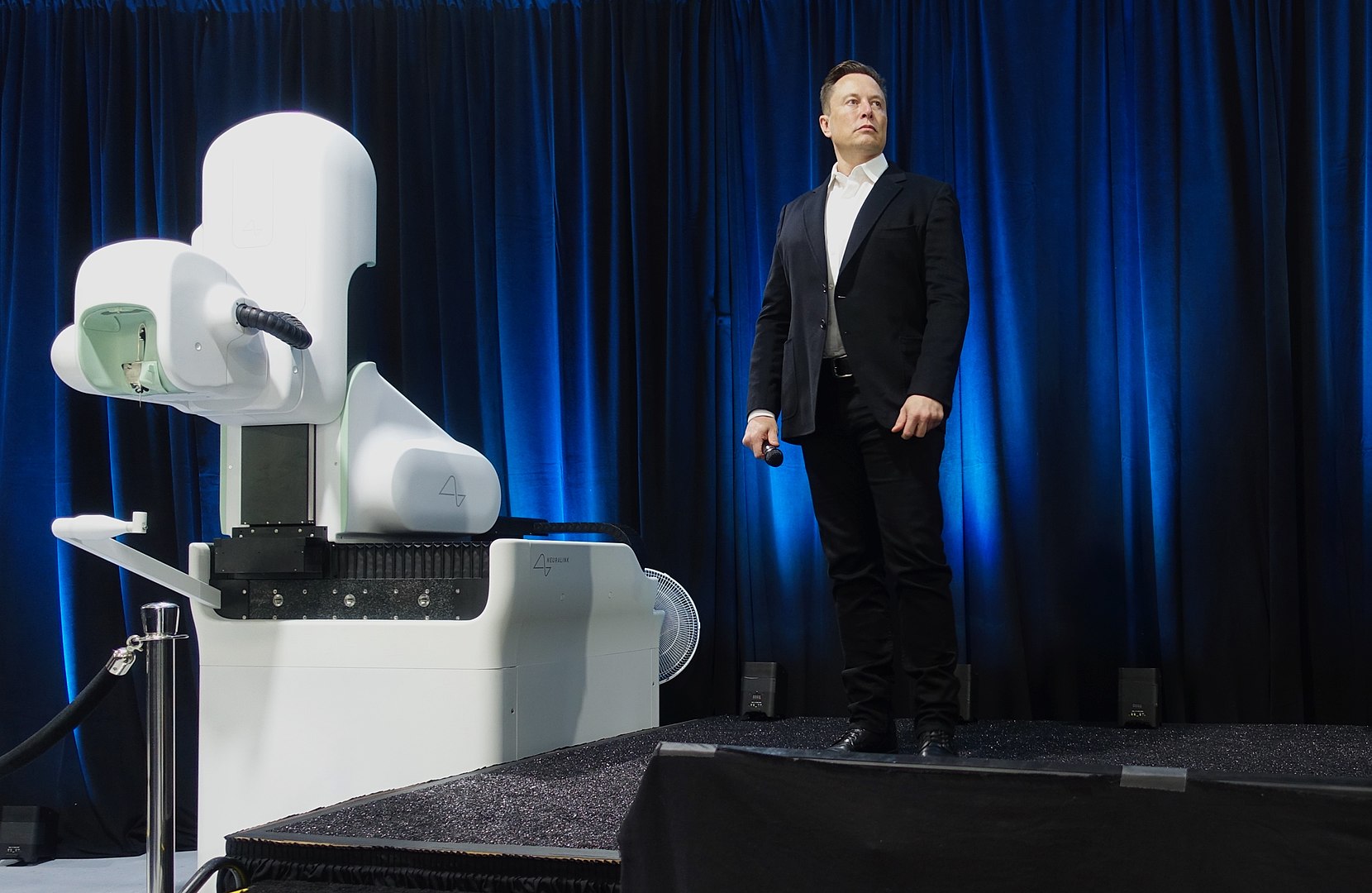
A few users online addressed whether his post could violate X’s policies, which say users “may not share synthetic, manipulated, or out-of-context media that may deceive or confuse people and lead to harm.”
The policy has a special exception for memes and parody as long as they don’t cause “significant confusion about the authenticity of the media.”
Musk’s Endorsement
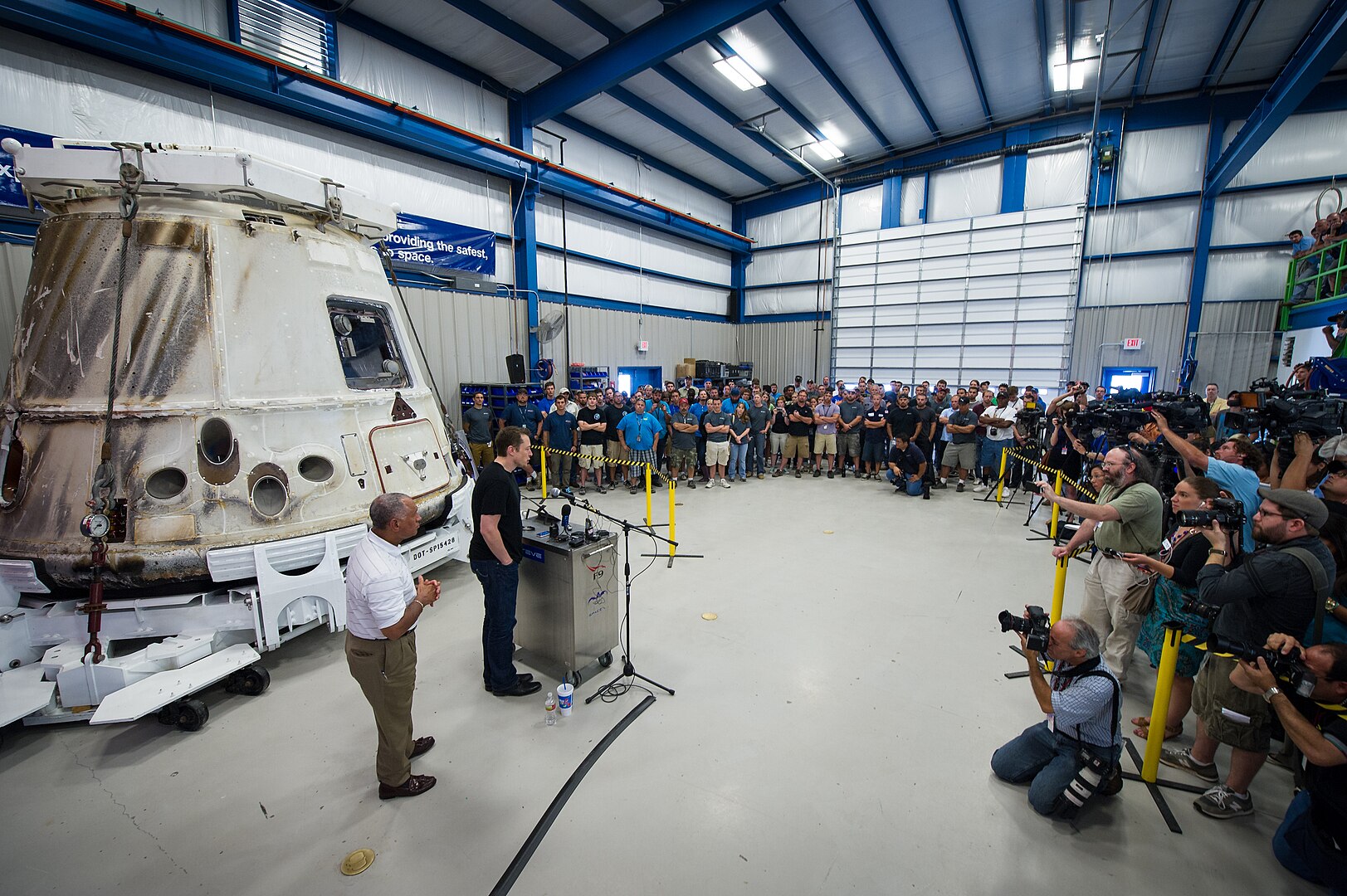
Musk has given his endorsement to previous President Donald Trump, the conservative candidate, recently.
After reviewing the fake advertisement’s audio, two specialists in AI-generated media confirmed that AI technology was used to generate a significant portion of it.
Deepfakes and Generative AI
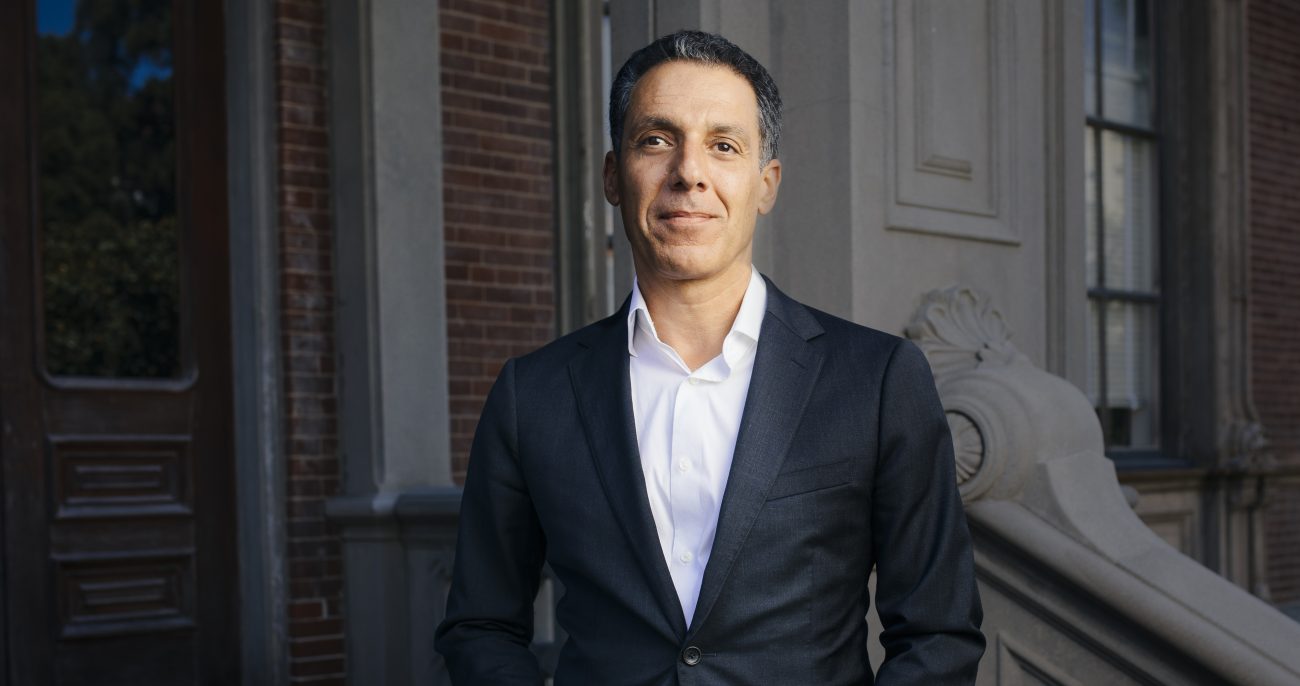
Hany Farid, a digital forensics specialist from the University of California, Berkeley, stated that the video demonstrated the strength of deepfakes and generative AI.
His email stated, “The AI-generated voice is very good. Even though most people won’t believe it is VP Harris’ voice, the video is that much more powerful when the words are in her voice.”
Conflicting Views
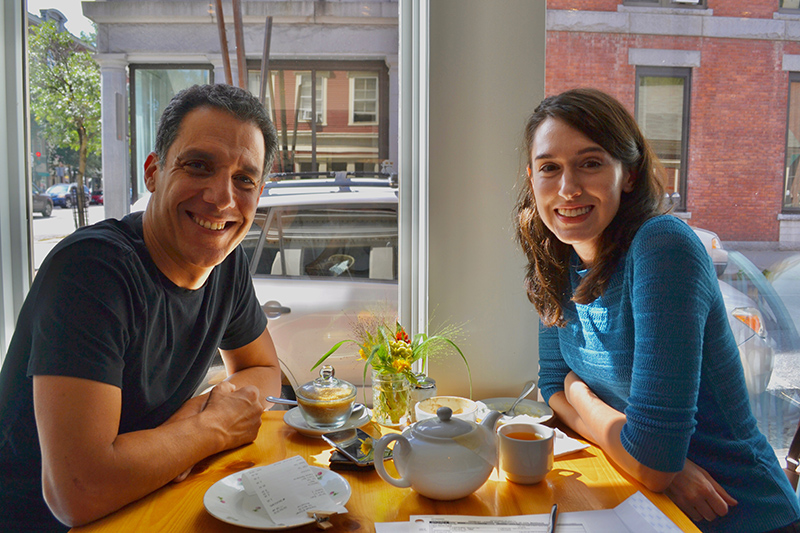
Farid stated that generative AI companies should do a better job of ensuring that their services are not utilized in a manner that could be detrimental to democracy or the people who use them.
Rob Weissman, co-president of the advocacy group Public Citizen, contradicted Farid, saying he figured many individuals would be tricked by the video.
“Good Enough”

Weissman stated: “I don’t think that’s obviously a joke. I’m certain that most people looking at it don’t assume it’s a joke. The quality isn’t great, but it’s good enough.”
“And precisely because it feeds into preexisting themes that have circulated around her, most people will believe it to be real.”
Petition to Congress
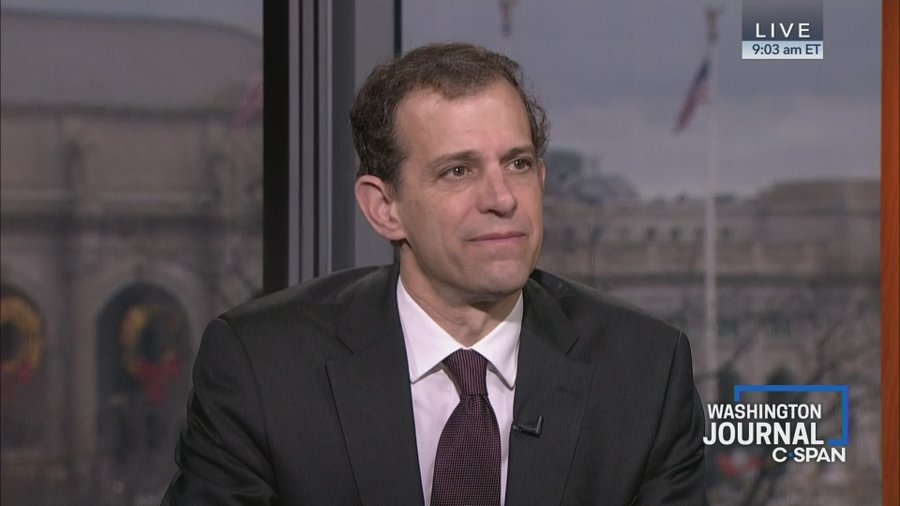
Weissman, whose association has petitioned for Congress, government organizations and states to manage generative computer based intelligence, said the video is “the kind of thing that we’ve been warning about.”
Other generative artificial intelligence deepfakes in both the U.S. and around the globe have attempted to impact electors with falsehood, humor or both.
In Slovakia in 2023, counterfeit sound bites mimicked a competitor claiming to have plans to fix a political decision and raise the cost of beer days before the vote.
